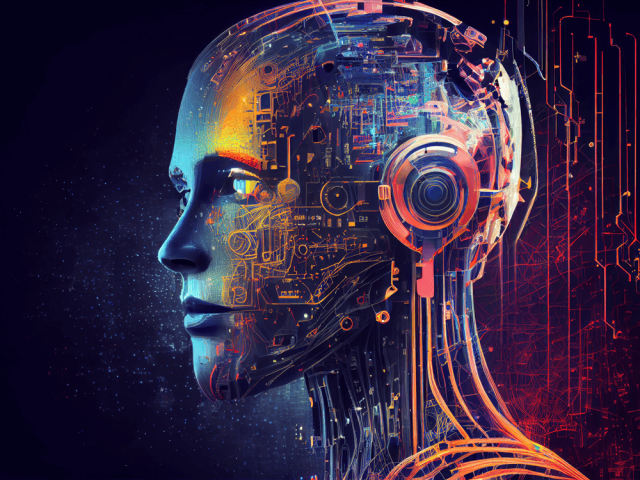
Insight by: Mamatha Shekar
For the first 10 years of my career I focused on cancer research. During this time I used revolutionary and back then newly emerging genomic technologies such as microarrays and next-generation sequences. I then moved to informatics and led the development of a platform that aggregated terabytes of genomic data with harmonized clinical data (a daunting task and will touch on those challenges in one of my future notes as they pertain to the world of digitalization also). We were one of many organizations in this field as Oncology is the most studied, heavily funded therapeutic area and ~ 35% of data in public repositibies is from cancer samples.
However, despite having done cancer research and been exposed to cancer data for over 20 years, it felt like I hardly knew the disease when my father was diagnosed in 2014 at 76 years of age with hepatocellular carcinoma or liver cancer as it is commonly known. Through his 6.5 years of the journey before he succumbed, my knowledge was barely of use. For that matter, all the genomic discoveries made thus far seemed irrelevant. He was not lucky to have been hit by mutations causing an imbalance in cell growth and apoptosis and even more, misfortune was that his tumor didn’t harbor any of the mutations for which targeted therapy exists. After cancer metastasized, the journey became even more arduous and the pandemic added to the fire. He started tracking his daily health-related parameters by hand. We tried to digitize the health recordings, but there was no solution that could track across all relevant symptoms from stool movement to blood pressure to mental health. I understood the realities of cancer and gaps in technology way better after witnessing my father’s struggle.
During the same time, I was involved in the development of the next version of the free mobile application called Gali which served to capture patient-reported outcomes from patients diagnosed with inflammatory bowel disease (IBD). I worked for only 1.5 years on IBD but I feel like I knew IBD in and out compared to cancer. I saw the real-world data as it was being captured from thousands of IBD patients across a few countries. With a comprehensive framework, the Gali app could capture any symptom a patient experienced along with which medication a patient took. An application like this would have been an excellent digital companion for my father as he could have tracked his daily health better than on paper.
Additionally, one of the many great features in the Gali app was to immediately send curated relevant articles to the users based on their symptoms in real-time. Users went crazy about this as it made them feel cared for in the lifelong suffering they had to endure. The other feature members valued was to have an in-app and on-demand report of all the symptoms they had reported over a custom period of time.. We were told by users that these reports came in handy and were accurate, unlike the biased recollection of their symptoms that they communicated to their doctors jogging their memory of past incidents over the last few days or weeks, or months. The bias stems from intense suffering which makes them think their symptoms are worse than they are, for example, thinking they had more painful bloody bowels than they had.
Don’t mistake this to be a marketing piece as the app is no longer available. Unfortunately, it was one of those ventures that didn’t survive the pandemic. I want to point out the power of such a tool. As a new researcher of IBD, it helped me to understand the reality of disease in a short period by being able to hear firsthand from patients. This helped me formulate better hypotheses quickly and research. Clinicians get accurate reports as captured by patients daily which may help to make better decisions in managing the disease, monitoring the patients and personalizing the treatment. For patients of this chronic disease for which there is currently no likable remedy, the app seemed like a true companion, something that they could turn to to get useful information, connect with other IBD patients, and get accurate reports on demand pulled from their real-time capture of information.
Wouldn’t you agree that it is powerful? If so, I am sure you also think it is a great idea to have one global comprehensive tool available like this for all diseases. Food for thought for national and international leaders in this space to join hands to get it going.
Wouldn’t you agree it is a great friend? If so, wouldn’t it be good to have a global mutual friend so we can make that friend powerful to help us better in managing health, our wealth?





